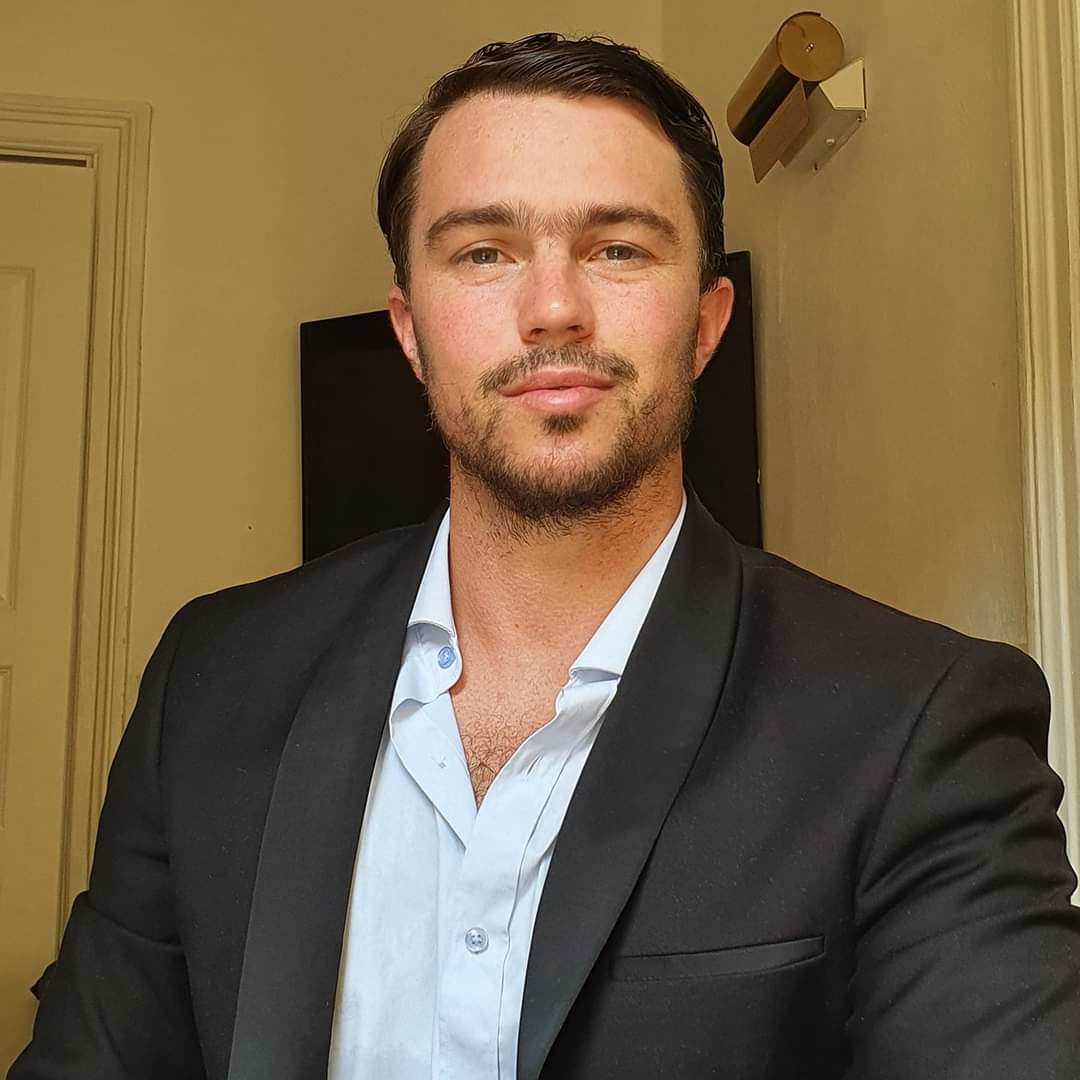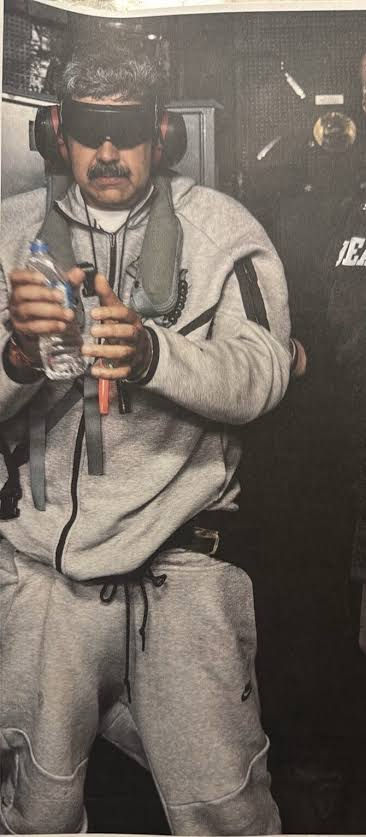Russia's crack down on the NGO Memorial and foreign agents
- Sebastian Palacios.

- Jan 4, 2022
- 3 min read
Updated: Apr 7, 2022

The Supreme Court of Russia has just ordered the dismantling of Memorial, the oldest NGO in Russia founded in 1987 by Andrei Sakharov, dissident, nuclear scientist and Nobel Peace Prize winner in 1975. Memorial was in charge of honoring the memory of victims who suffered abuses committed during Soviet times as well as cases that are currently committed in Russia. Its activities represented a real counterweight to Putin's authoritarianism and the official narrative of trying to glorify the Soviet past as a way of strenghtening cultural pride and identity among Russian-speaking populations in East Europe and Central Asia. The Supreme Court's decision was based on the following arguments: • The Law on Foreign Agents. Since 2014 civil organizations that receive funding from abroad and seek to influence internal Russian politics have to mark the start of all their publications with the words 'foreign agent' and undergo tax audits every six months. In 2017 and 2019, the Putin government expanded this categorization to the media and individuals, and its application has been a perfect excuse to persecute critical voices of the government. The leaders of Memorial had accepted the foreign origin of part of its funding and since 2016 the organization was branded as 'foreign agent' by the Russian Ministry of Justice. Since then, the Prosecutor's Office has presented numerous evidence to show that Memorial has not marked the beginning of several of its publications with the obligatory notice and has failed to provide the tax information that the Russian authorities requested. • The Russian Attorney General's Office accused Memorial of repeatedly breaking the Historical Memory Law, which penalizes with 40 thousand dollars the dissemination of "false information about actions of the Soviet Union during World War II." Among other things, this law prohibits saying that: a) The non-aggression pact signed in 1939 between the USSR and Hitler represented a collaboration with the Nazis.
b) The USSR had an active policy of oppression and ethnic cleansing against the Poles during the occupation of Poland.
c) Stalin sacrificed many soldiers in his war strategy, and did not do enough to lift the blockade of Leningrad that caused the starvation of 1 million Soviet citizens between 1941 and 1944. The Prosecutor's Office argued that "it is obvious that Memorial creates a false image of the USSR as a terrorist state by speculating on the issue of 20th century political repression. This NGO defends Nazis with the blood of Soviet citizens on their hands. That is why that we, the descendants of the victors [of World War II], are forced to be vigilant in the attempts to rehabilitate the traitors of the fatherland and the Nazi collaborators".
• Memorial has denounced violations of due process of individuals and groups that the Putin government has classified as 'terrorists' and 'extremists'. These include Chechen Muslim rebels, Jehovah's Witnesses and the organization of far-right political dissident Alexei Navalny. The Court has argued that Memorial went from being an NGO that "defended the memory of Russian citizens who were victims of oppression, to being an organization that supports terrorism and extremism." Before the sentence, Putin said that Memorial was clearly violating the law but that it was "indisputably one of the most respectable NGOs in the country." He also said that his government did not seek to hide abuses during Soviet times, citing the inauguration of a state museum dedicated to the history of forced labor in the prison system during the Stalin era; the inauguration of the Wall of Pain, a huge monument in Moscow dedicated to the victims of Soviet terror; and the creation in 2020 of a database for victims of Soviet oppression. Western powers and their NGOs have fiercely criticized the judicial ruling that dissolves Memorial arguing that this weakens seriously the defence of civil rights and democratic ideas in Russia. Memorial's lawyers have stated that they will appeal to the European Court of Human Rights, of which Russia is a member. Moreover, the leaders of the organization declared that this sentence does not prevent their work from being stopped, so they hope that other NGOs can continue to publish their investigations. Finally, the former and last Soviet leader Mikhail Gorvachev expressed that this ruling is negative for Russia and hopes that a solution outside the courts can be reached.




Comments